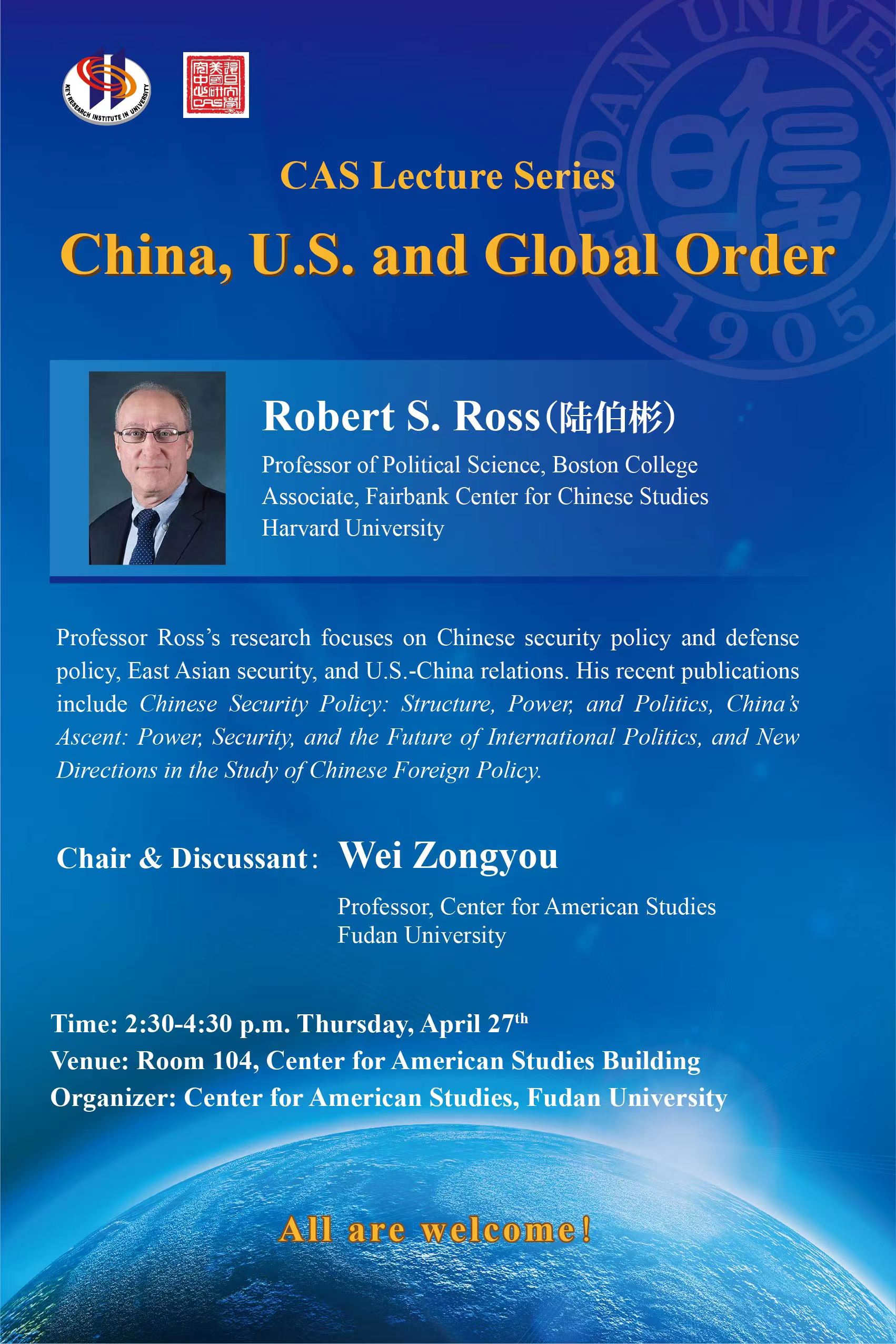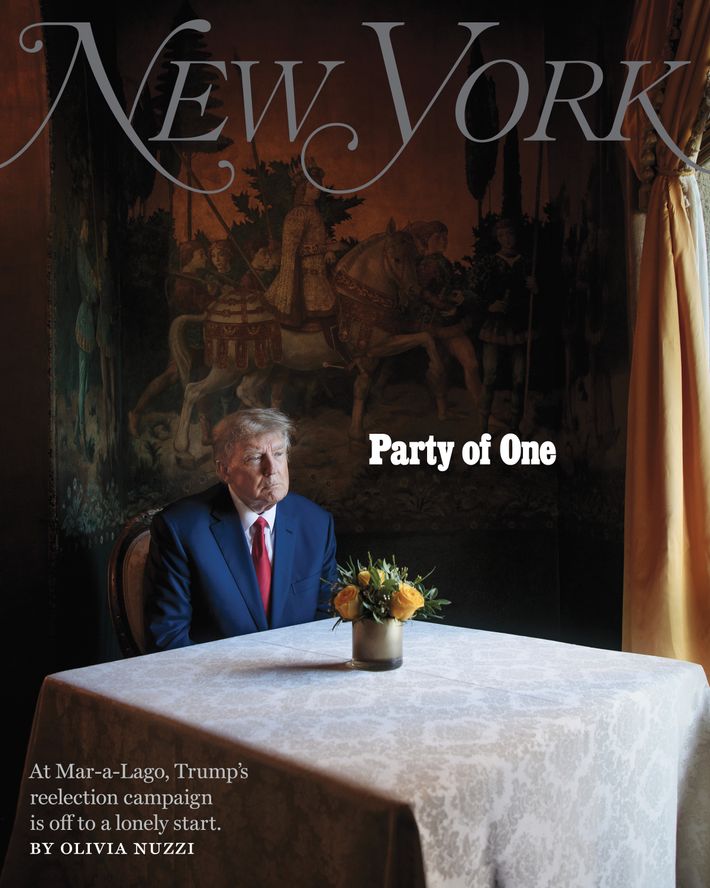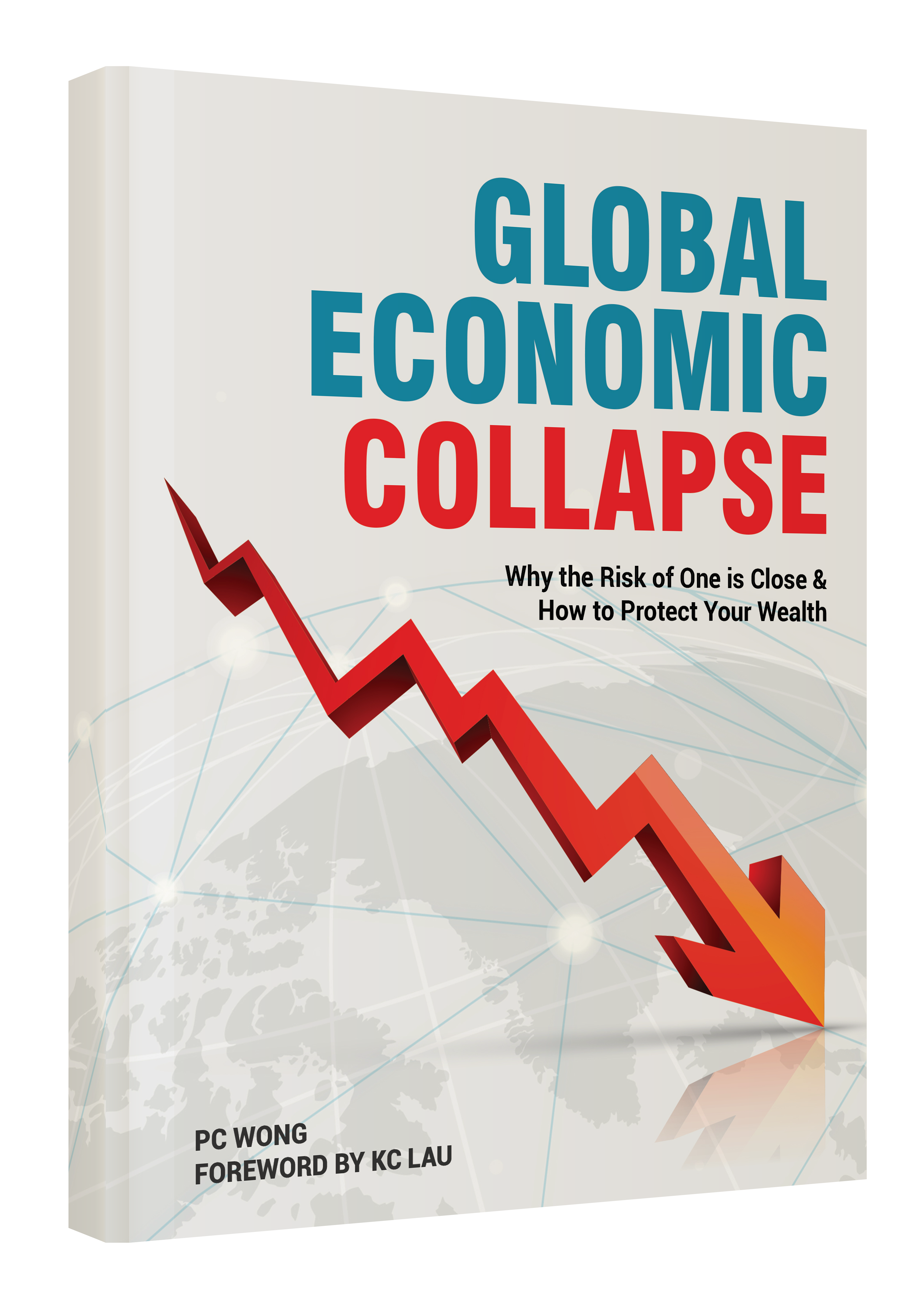Is the existing global framework truly teetering on the brink? The current global order, painstakingly constructed over decades, is facing unprecedented challenges and the very real possibility of significant shifts in power and influence.
The echoes of a changing world reverberate across continents, a world where the established order is being questioned, and the future seems increasingly uncertain. The United States, long the dominant force in shaping the global landscape, finds itself at a crossroads. Former President Donald Trump, with his rhetoric and policies, sowed seeds of doubt, advocating for a retreat from the established global norms. This shift, coupled with the rise of other powerful nations, has created a complex web of risks, potentially increasing the vulnerability of the existing liberal order to a possible collapse. The economic landscape itself is changing dramatically. China, with its booming economy, is poised to surpass the United States in economic terms, already taking the lead in crucial sectors like climate change initiatives and the burgeoning digital economy. This dynamic is reshaping the balance of power, leading to a fundamental reevaluation of the global order's structure and its future.
Bill Ackman, a prominent billionaire and a significant financial backer, has voiced his concerns about the current economic climate. He warns of potential instability, highlighting the risks associated with trade policies and their impact on investor confidence. The actions taken by influential figures and government bodies have a significant impact on global economic stability and the complex global framework.
The consequences of political decisions have long-lasting global impacts. The withdrawal from international organizations and the reshaping of alliances create ripples that impact not just individual nations, but the entire global community. This disruption challenges established agreements and creates instability across all sectors.
The approach toward international relations has significant implications for global stability. M. Steven Fish, a professor of political science, offers an analysis of how changes in foreign policy are reshaping alliances and the future of the United States' global standing. These developments force a reevaluation of long-standing relationships, highlighting what is at stake for the future of the United States' leadership on the world stage.
The situation in Ukraine serves as a powerful case study of the fragility of the global order. Abandoning long-standing allies may undermine America's strength and standing. The choices made in these critical moments will determine the course of future relations.
Experts predict a period of turbulence in the geopolitical landscape. The year 2025 is forecast to be a critical point, a time when the international order faces a test of its resilience. The absence of strong global leadership and the rise of more chaotic situations are considered significant risks to global stability.
The Elders, an international group of independent leaders, warn about the potential for the international order to crumble because of failures in political leadership. The rise of conflicts, which often go unnoticed by the media, further destabilizes the situation. These leaders urge world leaders to act in accordance with international law and prioritize multilateral cooperation to ensure a more secure future.
| Topic | Details |
|---|---|
| Key Figures & Their Stances |
Donald Trump: Advocated for a retreat from the current global order. Policies and rhetoric have contributed to questioning established norms. Bill Ackman: Warns of economic instability, highlighting the risks associated with trade policies. Concerns over investor confidence. M. Steven Fish: Professor of political science analyzing how changes in foreign policy reshape alliances and the future of U.S. leadership. The Elders: Advocate for upholding international law and prioritizing multilateral cooperation, concerned about failures in political leadership that risk collapse of the international order. |
| Economic Shifts |
China's rise: Poised to surpass the U.S. in economic terms, leading in climate change and the digital economy, thereby reshaping the balance of power. Trade policies: Impact investor confidence and global economic stability. |
| Political and Geopolitical Risks |
Withdrawal from international organizations: Creates instability and challenges established agreements. Changes in foreign policy: Reshaping alliances and the future of U.S. leadership. Ukraine conflict: Highlighting the fragility of the global order. Lack of global leadership: Contributing to potential chaos and instability. |
| International Order |
Potential collapse: Vulnerability of the existing liberal order. Turbulent geopolitical landscape: Predictions for a challenging future. Multilateral cooperation: Need for a better world for current and future generations. |
The current global climate is one of uncertainty, where established norms and alliances are questioned and reshaped. The United States, once the dominant force, is at a crossroads, facing challenges from within and without. The rise of China and other nations alters the global balance of power, necessitating a reassessment of the global order's architecture and future.
Bill Ackman's cautionary words and the concerns of other figures echo through the corridors of power. The shift in the world's geopolitical landscape will inevitably demand a careful navigation of an uncertain future. The consequences of political and economic decisions will have lasting implications, potentially reshaping alliances and impacting the world.
The situation in Ukraine highlights the fragility of the existing framework and the impact on global relations. The choices made in these critical moments, the willingness to maintain long-standing allies, and the ability to provide stability are critical to determining the course of future relations.
Experts paint a picture of turbulence, predicting a challenging future. The year 2025, in particular, is seen as a test of the international order's resilience. The lack of strong leadership and the rise of chaos will create significant risks to the global framework.
The Elders and other international organizations offer warnings on the international order's potential collapse due to failures in political leadership and the rise of conflicts. The world leaders are called upon to uphold international law, to prioritize cooperation and to ensure a more stable future.



